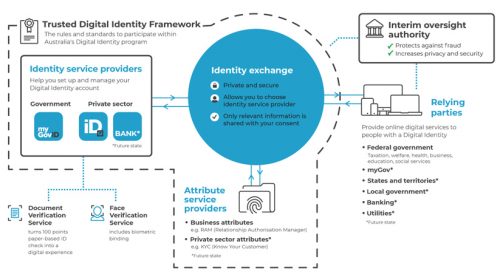 Thanks to Grits for Breakfast for reporting this quote by Judge Tom Price in the case of
Thanks to Grits for Breakfast for reporting this quote by Judge Tom Price in the case of
Ex Parte Wesley Ronald TULEY
I think it is colossal hypocrisy to exclaim, “we are shocked, positively shocked,” that a person who has pleaded guilty pursuant to a negotiated plea bargain would never do so unless he were truly guilty and believed himself guilty. Who are we kidding? It is true that Mr. Tuley did sign and swear to a form stipulation that “the following facts [tracking the indictment allegations] are true and correct and constitute the evidence in this case.” He, of course, did not design the form. It is certainly accurate to say that there was some evidence already admitted in the original trial that would support a finding that the indictment allegations were true.
It is also true that the trial judge asked the magic question: “Are you pleading guilty because you are in fact guilty and for no other reason?” and applicant responded: “Yes, ma‘am.” Does this make him a perjurer? A self-admitted liar?
Suppose Mr. Tuley had been given a dose of truth serum. Now, in response to the magic question, he responds:
Your Honor, I do not believe that I am guilty. In fact, I know that I am not guilty. However, the present jury is deadlocked. Some of those jurors may believe that I am not guilty, but others obviously differ. A different jury could conceivably find me guilty and sentence me to life in prison. That is a very serious risk to me. Furthermore, I do not have enough money to pay my lawyer for conducting a second trial. I am worried that I might have to go to jail just to be entitled to an appointed lawyer for a second trial. I have a job. I would lose my job if I had to go to jail for months waiting for a second trial. Quite frankly, I am out of money and out of time. I just want to go home. The State has made a very attractive offer of ten years deferred adjudication. This is an offer I cannot refuse, given the obvious risks I face if I continue to maintain my innocence and insist upon a second trial. So, even though I am innocent of this charge, I want to plead guilty because I am making a fully informed, free, voluntary and rational choice among the alternative courses of action available to me.
The trial judge, hearing this unusual response, is likely to say something along the lines of:
How can you expect me to accept your plea of guilty? This is a very serious offense and it carries a potential life sentence if you should violate the terms of your community service. How can you expect me to accept a guilty plea to the first degree offense of aggravated sexual assault of a child if you say you are not guilty, but you want to plead guilty anyway? And besides, I heard the same evidence that the jury heard and I am not fully persuaded that the evidence is sufficient to support a conviction beyond a reasonable doubt. I refuse to accept your guilty plea and we will set this case for another trial.
Mr. Tuley, then, is likely to say:
Judge, whose side are you on? Are you on my side? I just want to plead guilty. I didn’t do it. I know that, but I also know that the prosecution has a child complainant who says that I did. I have a drug problem and a jury is likely to hold that against me, and, frankly, I look dishonest. Nobody is going to believe me. Now, do me a favor and let me plead guilty and get my ten years deferred. This is a good deal. I want to take it. Don’t stand in my way.
But an honorable trial judge might reasonably respond:
But, if you’re not guilty, I cannot take your guilty plea. I am worried about this man pleading guilty to something he is not guilty of. That is just wrong, and I can’t allow that kind of an injustice to take place in my court.
Mr. Tuley’s honest reaction might well be: “Don’t be my friend. With friends like you, who needs enemies?” Instead, Mr. Tuley’s lawyer would probably yank him off to the corner and after a certain whispering back and forth, Mr. Tuley will see the light He will now respond appropriately to the magic question: “Are you pleading guilty because you are guilty and for no other reason?” with the right answer: “Yes, ma‘am.”











